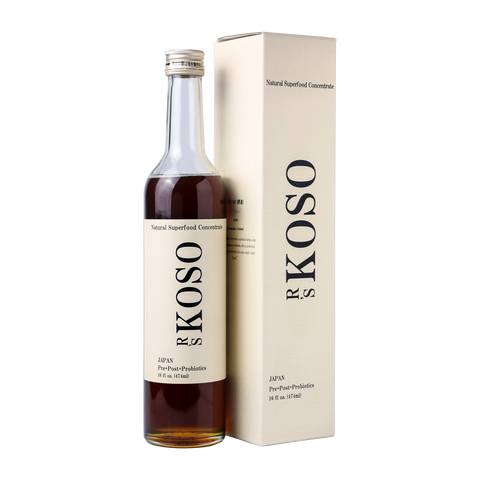In recent years, the intricate connection between gut health and various aspects of our well-being has come into focus. One intriguing aspect of this relationship is its influence on allergic reactions. In this blog, we will explore the fascinating link between gut health and allergies, delving into the science and understanding how the choices we make for our digestive system can impact allergic responses.
The Gut-Allergy Connection
The human gut is home to a vast community of microorganisms, collectively known as the gut microbiota. This dynamic ecosystem plays a crucial role in shaping our immune system and, as research suggests, may influence how our body responds to allergens.
The Role of Gut Microbiota in Immune Function
The gut microbiota helps regulate the immune system, acting as a training ground for immune cells. A well-balanced and diverse microbiota is essential for teaching the immune system to distinguish between harmless substances and potential threats, including allergens.
Gut Health and Allergic Responses
●Inflammation Control
A healthy gut helps regulate inflammation, a key factor in allergic reactions. Imbalances in the gut microbiota may contribute to an overactive immune response, leading to increased inflammation and heightened allergic symptoms.
●Immune System Modulation
The gut microbiota plays a role in modulating the immune system's responses. An imbalance may skew the immune system towards hypersensitivity, potentially increasing the likelihood and severity of allergic reactions.
Tips for Supporting Gut Health to Alleviate Allergic Responses
●Probiotic-Rich Foods
Incorporate probiotic-rich foods like R's KOSO, yogurt, kefir, sauerkraut, and kimchi into your diet. These foods introduce beneficial bacteria to your gut, promoting a healthy microbial balance.
●Prebiotic Foods
Consume prebiotic-rich foods such as garlic, onions, bananas, and asparagus. Prebiotics provide the necessary fiber for the growth and maintenance of beneficial gut bacteria. R's KOSO not only contains probiotics but also prebiotics.
●Fiber-Rich Diet
Ensure a diet rich in fiber from whole grains, fruits, and vegetables. Fiber supports a diverse microbiota and aids in overall digestive health.
Conclusion
Understanding the intricate relationship between gut health and allergic reactions opens new avenues for managing and potentially alleviating allergy symptoms. By adopting habits that promote a healthy gut, we empower our bodies to better navigate and modulate immune responses. As we continue to uncover the mysteries of this complex connection, prioritizing gut health emerges as a promising strategy for a more balanced and resilient immune system. Remember, a well-nurtured gut may just be the key to a smoother journey through allergy seasons.
Let’s get started!

